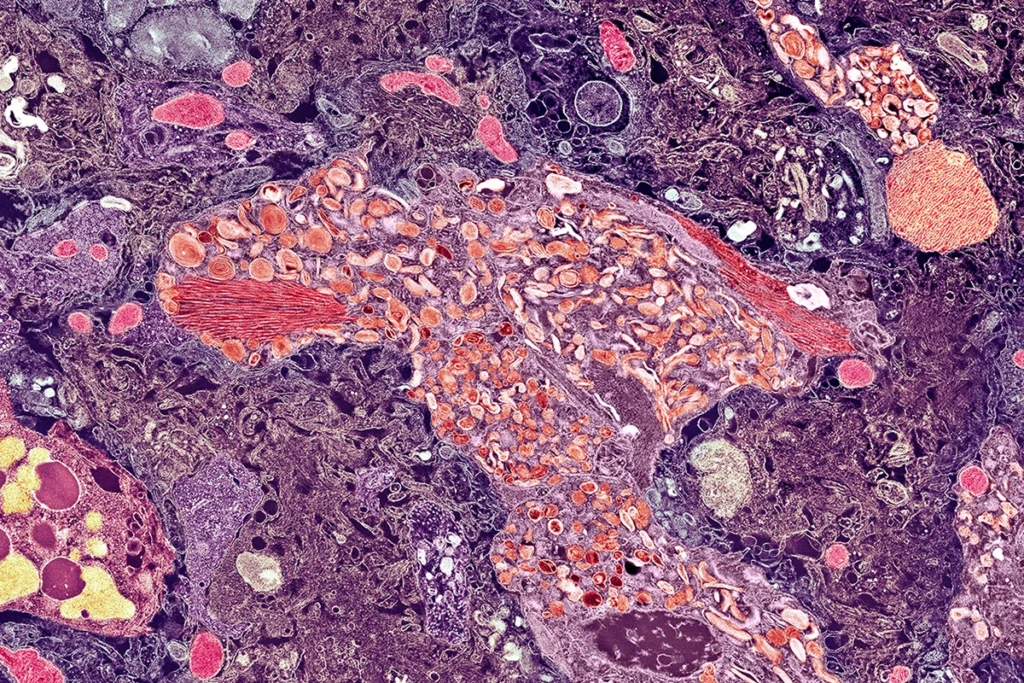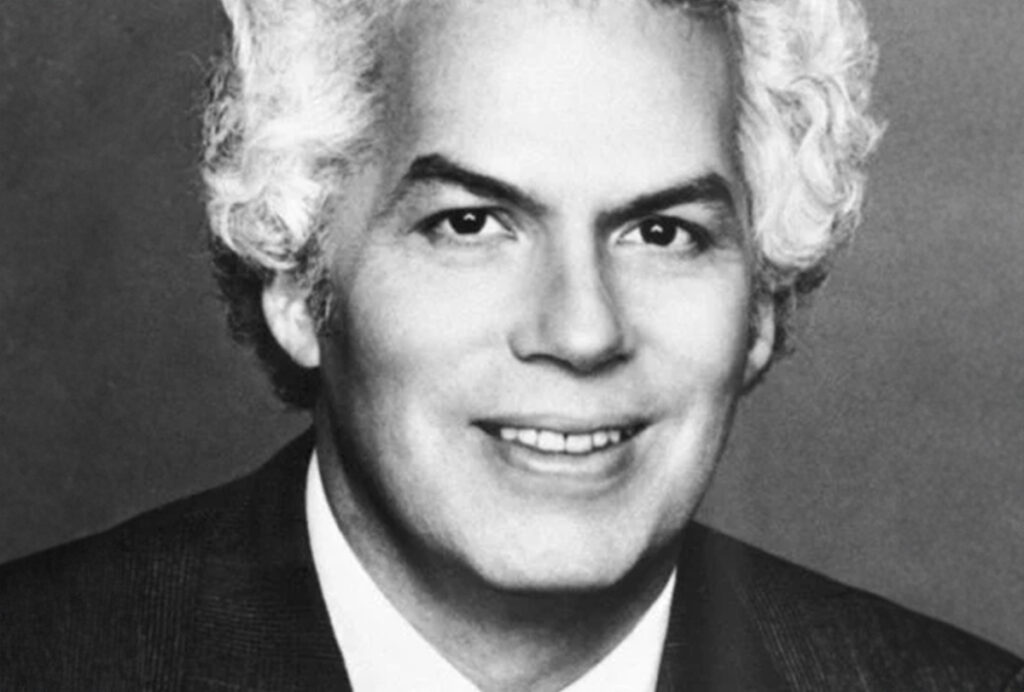Prions
Recent articles
Skeptics challenge claims of Alzheimer’s disease transmission via growth hormone
Some people who received cadaver-derived human growth hormone may not have Alzheimer’s as previously suggested, according to a new Perspective article.

Skeptics challenge claims of Alzheimer’s disease transmission via growth hormone
Some people who received cadaver-derived human growth hormone may not have Alzheimer’s as previously suggested, according to a new Perspective article.
Nobel Prize winner’s paper to be corrected, according to co-author
A data sleuth flagged an apparent duplicate image in the 2015 prion study led by neurologist and biochemist Stanley Prusiner.

Nobel Prize winner’s paper to be corrected, according to co-author
A data sleuth flagged an apparent duplicate image in the 2015 prion study led by neurologist and biochemist Stanley Prusiner.
Explore more from The Transmitter
Xiao-Jing Wang outlines the future of theoretical neuroscience
Wang discusses why he decided the time was right for a new theoretical neuroscience textbook and how bifurcation is a key missing concept in neuroscience explanations.
Xiao-Jing Wang outlines the future of theoretical neuroscience
Wang discusses why he decided the time was right for a new theoretical neuroscience textbook and how bifurcation is a key missing concept in neuroscience explanations.
Memory study sparks debate over statistical methods
Critics of a 2024 Nature paper suggest the authors failed to address the risk of false-positive findings. The authors argue more rigorous methods can result in missed leads.

Memory study sparks debate over statistical methods
Critics of a 2024 Nature paper suggest the authors failed to address the risk of false-positive findings. The authors argue more rigorous methods can result in missed leads.
Attention not necessary for visual awareness, large study suggests
People can perceive some visual information even if they do not pay direct attention to it.

Attention not necessary for visual awareness, large study suggests
People can perceive some visual information even if they do not pay direct attention to it.